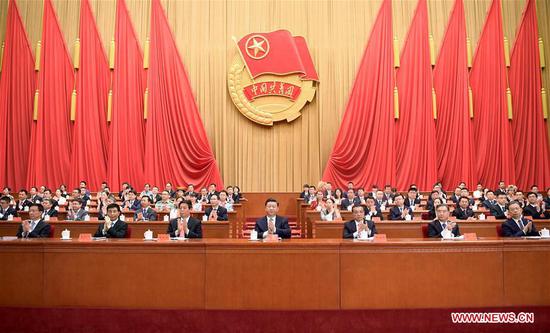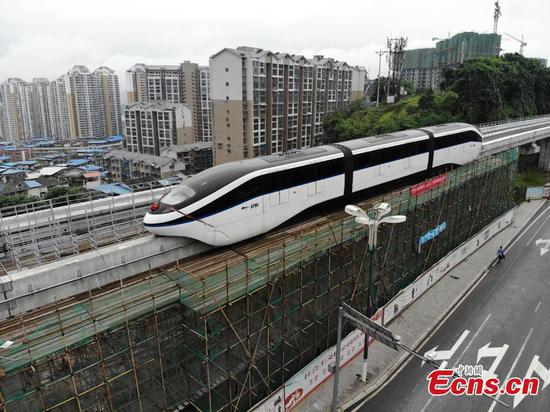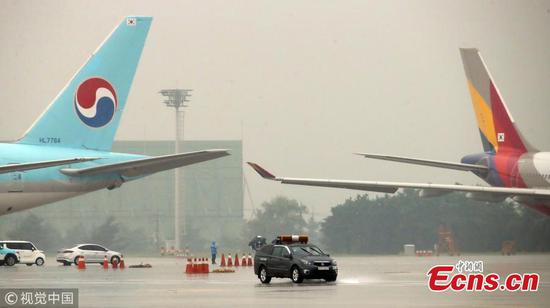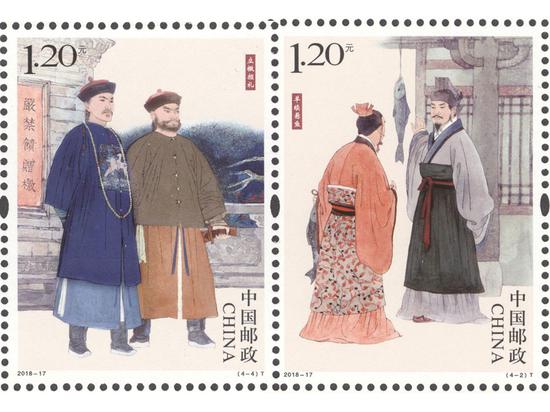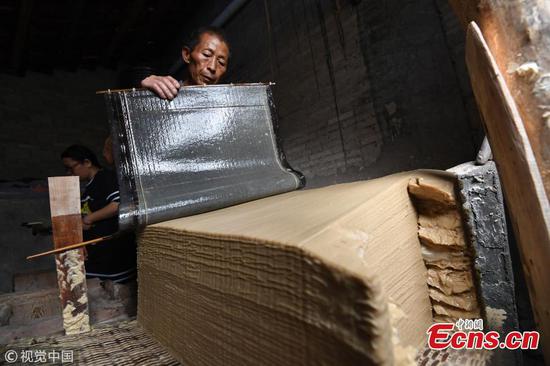Move will reduce neighboring countries' trade deficits
China's move to cut tariffs on agricultural and chemical imports, including soybeans from five neighboring Asian countries, will ameliorate those nations' trade deficits with China while also striking a blow to the U.S. soybean industry, experts said on Tuesday.
The comment comes after the Ministry of Finance announced on Tuesday that effective July 1, China will cancel tariffs on soybean imports from five countries including Bangladesh, India, Laos, South Korea and Sri Lanka, down from the current 3 percent. Industry insiders have interpreted the move as China's latest efforts to diversify sources of imports amid an escalating trade war with the U.S., one of its largest suppliers in recent years.
China has announced plans to impose a 25-percent tariff on U.S. soybean imports in response to the U.S.' move to impose tariffs on a range of Chinese products. The plan will take effect July 6.
"The China-U.S. trade war will most likely not be resolved in the short term. Given that the U.S. keeps escalating its threats, China has no choice but to reciprocate in our trade measures. After tariffs are imposed on U.S. soybeans, China must secure a supply of soybeans to avoid a rise in prices and protect the interests of Chinese consumers," Sang Baichuan, director of the Institute of International Business at the University of International Business and Economics, told the Global Times on Tuesday.
In 2017, China imported 95 million tons of soybeans, and soybeans shipped from the U.S. represented 34 percent of its total imports, according to customs data. Meanwhile, the U.S.' exports of soybeans to China accounted for 31 percent of its production volume, Reuters reported.
While China has the ability to develop alternative import sources from neighboring nations, U.S. soybean farmers would be the true victims of a tit-for-tat tariff war, experts stressed.
"Raising tariffs on U.S. soybeans will put immense pressure on U.S. soybean producers. Their exports to China may be reduced by up to a half, according to some research," Bai Ming, a research fellow at the Chinese Academy of International Trade and Economic Cooperation, told the Global Times.
The tariff adjustment is in line with the 2nd amendment of the Asia-Pacific Trade Agreement, which all six participating countries, including China, agreed to carry out in March, according to a statement on the website of the Ministry of Commerce.
In addition to soybeans, other agricultural and industrial products such as medical supplies, clothes, steel and aluminum products will also enjoy a certain amount in tariff reductions, according to a statement of the Ministry of Commerce.
"The tariff reduction will also help reduce the trade deficits that some of these countries have with China and promote more balanced trade in the region," Bai added.
India is a large country, and having greater access to China's market will give the country more opportunities to develop its exports, according to Bai.











